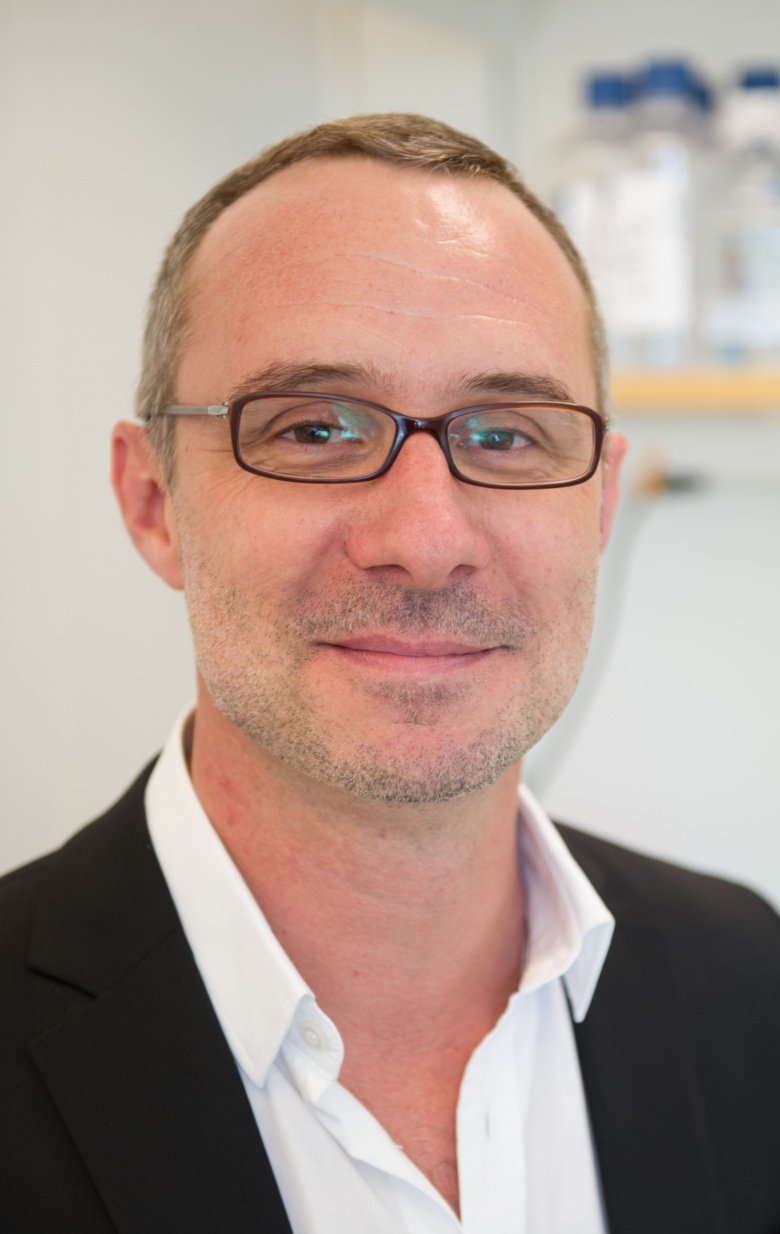Studying the relationship between exercise and health
While exercise is good for us, we still do not fully understand why. Jorge Ruas is researching the nature of this connection at a molecular and genetic level in the hope of contributing to the development of better therapies.

What are you researching?
“I’m researching why physical activity is good for health. We’ve long known that there’s a link between the two, and in the past decades the picture has become much clearer. Exercise really is good in many ways – it fights disease and promotes healthy ageing and mental health. But why? We want to understand how this works down at a molecular and genetic level. We’re looking at what happens inside the muscles during exertion and what happens in the whole body when molecules released from muscles affect the function of other organs.”
What are you studying, more specifically?
“One example is our research on the protein PGC-1 that, with exercise, enables muscles to cleanse the blood of certain substances that are harmful to the brain. Our demonstration of a concrete mechanism for the connection between physical activity and mental health drew a great deal of international attention. What’s more, the mechanism was somewhat unexpected – we’ve not seen muscles act as cleaning filters before.
Another important area for my research group is the regulation of muscle mass. From the age of around 35, we lose about 10 per cent of our muscle mass per decade if we don’t deliberately do something about it. Muscle weakness and atrophy are a huge problem that comes with ageing and with many kinds of disease. In this area, we’ve discovered a mechanism by which a certain gene controls muscular adaptations to both cardio and strength training.”
What do you ultimately hope to achieve?
“It’s thrilling to be part of this research, since what we understand about muscles has changed so much in such a short period of time, from being thought of as rather simple organs of movement to being vital endocrine organs that influence complex processes in all other organs. I hope and believe that our new insights will contribute to important medical advances, such as new treatments for muscle atrophy.”
About Jorge Ruas
Professor of Molecular Physiology at the Department of Physiology and Pharmacology
Jorge Ruas was born in Madeira, Portugal, in 1972. He took his degree in pharmaceutical sciences from the University of Lisbon and came to Karolinska Institutet in 1999 as a doctoral student. He earned his PhD at KI in 2005. From 2006 to 2011 he was a postdoc researcher at Harvard Medical School, Boston, US, and has since headed a research group at KI.
Ruas was made docent 2016. He has been awarded several accolades, including the 2018 Leif Groop Prize for Outstanding Research in Diabetes.
Jorge Ruas was appointed Professor of Molecular Physiology at Karolinska Institutet on 1 November 2020.
Text: Anders Nilsson
First published in the booklet From Cell to Society 2021
